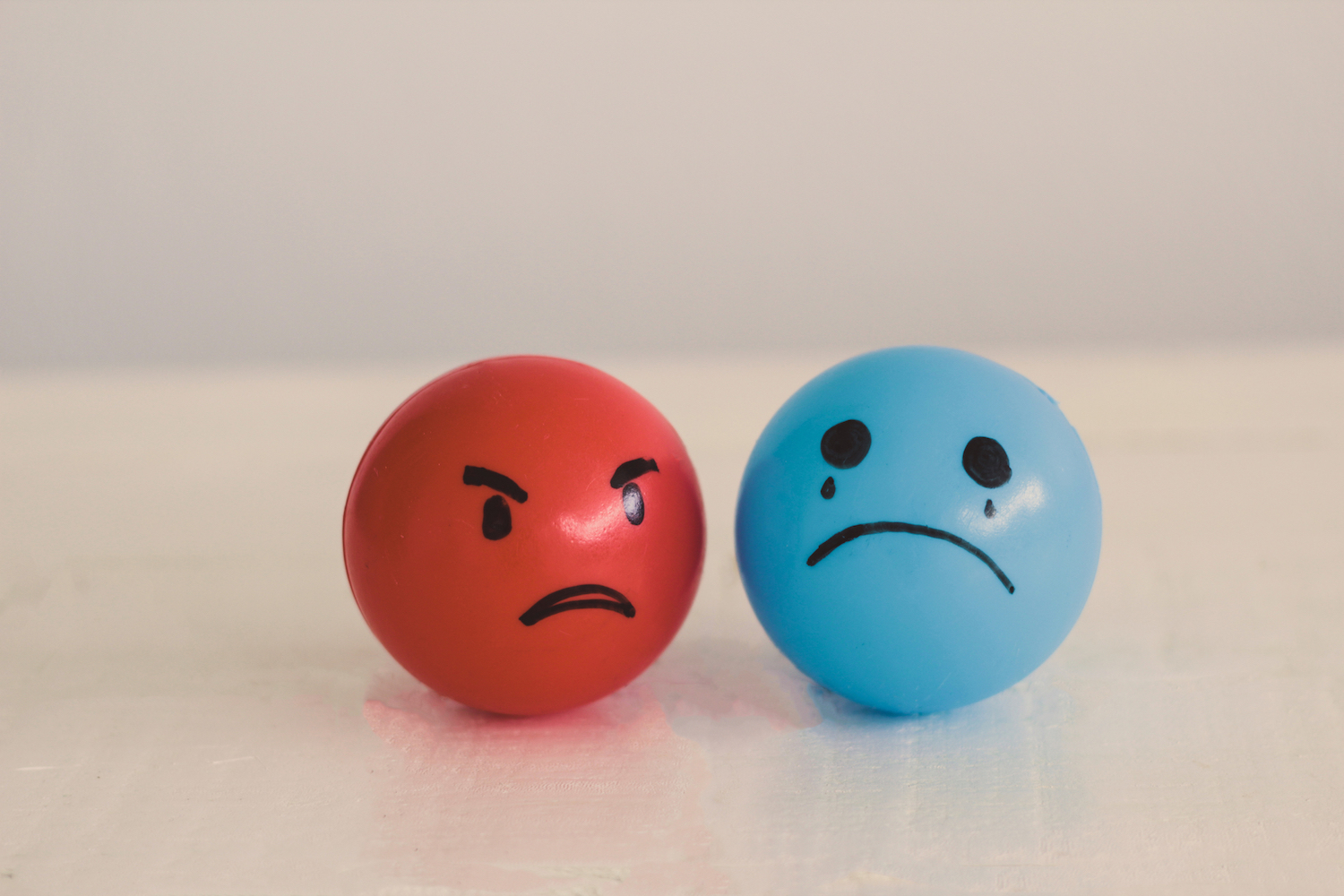During your divorce process, you will be required to contend with people in your life who will grieve the loss of your marriage. These people can be both family members and friends. It’s important to keep in mind that people grieve differently and at different paces. I have often seen others take longer to grieve, and hopefully accept, the end of a marriage than those in the marriage.
Others may grieve more than you
One of the most exacerbating aspects for many divorcing/divorced people is managing the unanticipated responses from other people who are stuck in their grieving when you are past that point in the process. Although people may have been empathetic to you in past experiences, it may not be easy for them to fully understand what you’ve gone through. Instead, they focus on their loss of you as a couple, and they often question their judgment if they believed you two were a great pair.
Because you are the one whose marriage actually failed, it can be difficult for you to be empathic to how others feel regarding the loss of your marriage. It’s easy to want them to be further along in the grieving process, just like you may be. However, it’s important to recognize that when people are processing the grief of your dissolved marriage, they are actually dealing with their loss and how it impacts them.
The narcissistic injury
For some, the end of their friends’ or family members’ marriage can feel like a threat to themselves. They take a more self-centered view. Because they aren’t able to connect to their own feelings about your divorce, they believe that you intentionally harmed them by divorcing your partner. This is called a narcissistic injury.
When people grieve a loss through the lens of a narcissistic injury, they react with contempt, condescension, anger, defiance and even engage in counterattacks. To satisfy their beliefs, they tend to skew and distort their perceptions of you as well as events and interactions that involve you. To the divorcing/divorced person, interacting with someone experiencing a narcissistic injury is tremendously frustrating. The manner in which they respond will have more to do with their narcissistic injury than the actual reality of a situation.
For example, in their minds, you intentionally planned your breakup to ruin or sabotage an event they planned. Although this is a totally irrational belief, this person’s narcissistic injury is real, and they are emotionally stuck. They have been injured. Therefore their responses won’t follow any kind of logical dialogue.
Coping with someone with a narcissistic injury
When dealing with a person suffering from a narcissistic injury, it’s helpful to tell them you have a different perception/experience. Tell them you are open to having a discussion about any issue when they are ready to work through the issues that you both know exist. If they attempt to impose restrictive conditions upon you as a “punishment,” it will thwart their healing process. Don’t engage.
Unfortunately, much of this process involves time. While we want to believe that time heals all wounds, that may only be true if a person grieves in a healthy manner. And even when that occurs, their healing may not happen in the time frame you want or expect.
In some cases, you may need to accept your loss. For some who suffer a narcissistic injury, healing won’t occur. Instead, they will incorporate their hurt and anger into how they live their lives. Mental health professionals recognize this is a form of pathological grieving, which, unfortunately, can harm a person’s mental and physical well-being.
In conclusion
The loss of your marriage frequently includes the loss of some important relationships in your life. If there’s an important person in your life who is stuck, let them be. But, make sure to leave the doors open with an offer to work towards healing the relationship when they are ready. And be prepared to grieve the loss of that relationship. Even if you might ultimately heal the relationship, it will never return to what it was.
Life is about managing an ever-changing world. You are on the road to a new and, hopefully, happier life. There will always be losses for you to manage, and it’s best for you to hope for the best while preparing for the worst. Life has a way of settling in between the two.






